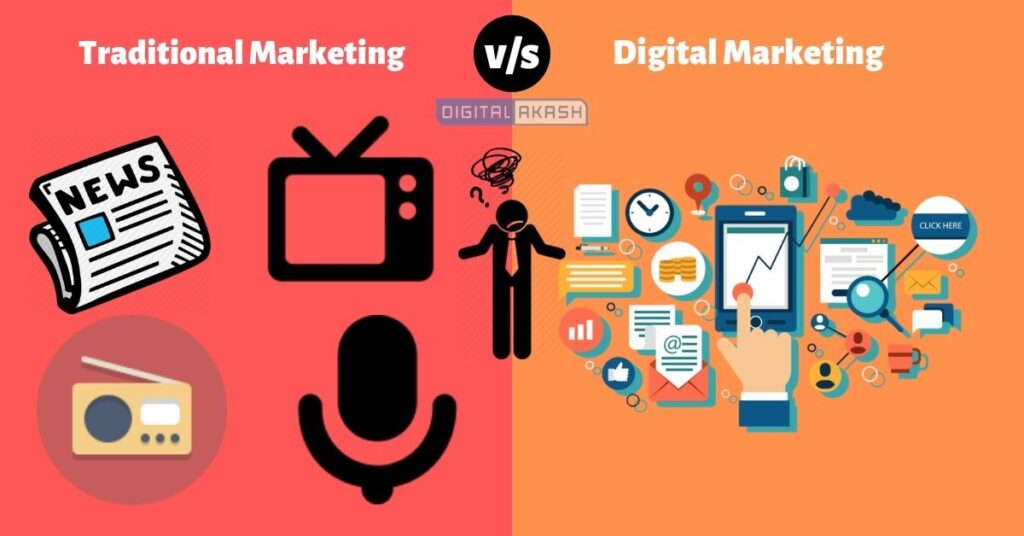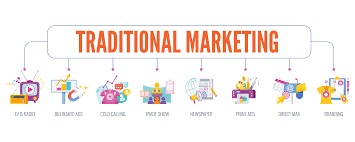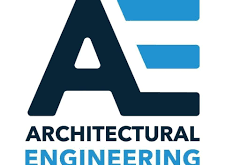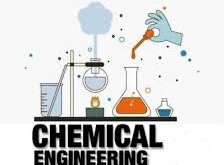Introduction:
In the ever-evolving realm of marketing, businesses face a crucial decision: to go digital or stick with traditional methods? As technology continues to reshape consumer behavior, the debate between digital marketing and traditional marketing intensifies. Each approach has its own set of advantages and disadvantages, making the decision a complex one for businesses aiming to maximize their reach and impact. Let’s explore the pros and cons of both digital and traditional marketing to help businesses make informed choices.

Digital Marketing:
Pros:
- Global Reach: Digital marketing allows businesses to reach a vast audience across the globe. With the internet transcending geographical boundaries, businesses can connect with potential customers anywhere, anytime.
- Targeted Advertising: Digital marketing enables precise targeting based on demographics, interests, and behaviors. This targeted approach ensures that marketing efforts are directed towards the most relevant audience, increasing the likelihood of conversion.
- Measurable Results: Unlike traditional marketing, digital marketing offers comprehensive analytics and tracking tools. Businesses can measure the effectiveness of their campaigns in real-time, allowing for immediate adjustments and optimization for better results.
- Cost-Effectiveness: Digital marketing often requires lower initial investment compared to traditional marketing channels like print or television. Moreover, digital advertising platforms offer flexible budgeting options, allowing businesses to allocate resources efficiently.

Cons:
- Saturation and Competition: The digital space is overcrowded with businesses vying for consumers’ attention. Cutting through the noise and standing out amidst intense competition can be challenging, requiring innovative strategies and consistent effort.
- Technological Dependencies: Digital marketing heavily relies on technology, making businesses vulnerable to technical glitches, algorithm changes, and platform limitations. Staying updated with evolving digital trends and algorithms is essential but can also be time-consuming and resource-intensive.
- Ad Blockers and Ad Fatigue: Consumers are increasingly using ad blockers to avoid intrusive advertisements, posing a significant challenge for digital marketers. Moreover, the inundation of ads across digital platforms has led to ad fatigue among consumers, diminishing the effectiveness of digital advertising.
Traditional Marketing:
Pros:
- Tangible Presence: Traditional marketing channels such as print, television, and radio offer a tangible presence that digital mediums often lack. Physical ads, billboards, and brochures can leave a lasting impression on consumers and contribute to brand recall.
- Wide Audience Reach: Despite the rise of digital media, traditional marketing still holds sway over certain demographics, especially older generations who may be less tech-savvy. Television commercials, newspaper ads, and direct mail reach audiences that may not be accessible through digital channels alone.
- Established Credibility: Traditional marketing channels have a long-standing reputation for credibility and legitimacy. Consumers often perceive ads in established newspapers or on television as more trustworthy compared to online advertisements, which may be perceived as intrusive or deceptive.

Cons:
- Limited Targeting Options: Traditional marketing lacks the precise targeting capabilities offered by digital marketing. Advertisements broadcasted on television or printed in newspapers have a broad reach but may not effectively reach the intended audience, resulting in wasted resources.
- High Costs: Traditional marketing campaigns, especially those involving television or print advertising, can be prohibitively expensive. Production costs, media placement fees, and distribution expenses contribute to the overall cost, making it challenging for small businesses with limited budgets to compete effectively.
- Limited Interactivity and Engagement: Traditional marketing channels offer limited interactivity and engagement compared to digital platforms. Consumers cannot interact with print ads or television commercials in the same way they can engage with digital content, reducing the effectiveness of traditional marketing in fostering meaningful connections with audiences.
In conclusion, the choice between digital marketing and traditional marketing depends on various factors such as target audience, budget, and marketing objectives. While digital marketing offers unparalleled reach, targeting, and measurability, traditional marketing channels provide tangible presence, wide audience reach, and established credibility. Ultimately, a well-rounded marketing strategy may incorporate elements of both digital and traditional marketing to leverage the strengths of each approach and maximize overall effectiveness in reaching and engaging with the target audience.
 Clear My Certification All Certification Exam Answers
Clear My Certification All Certification Exam Answers



